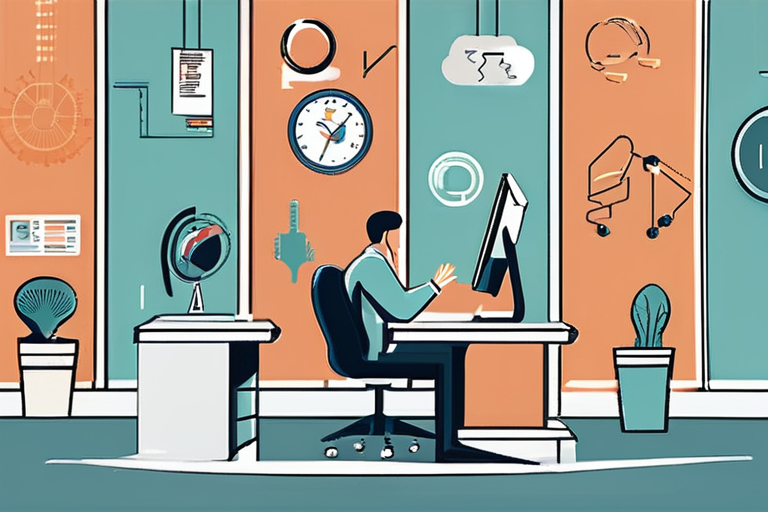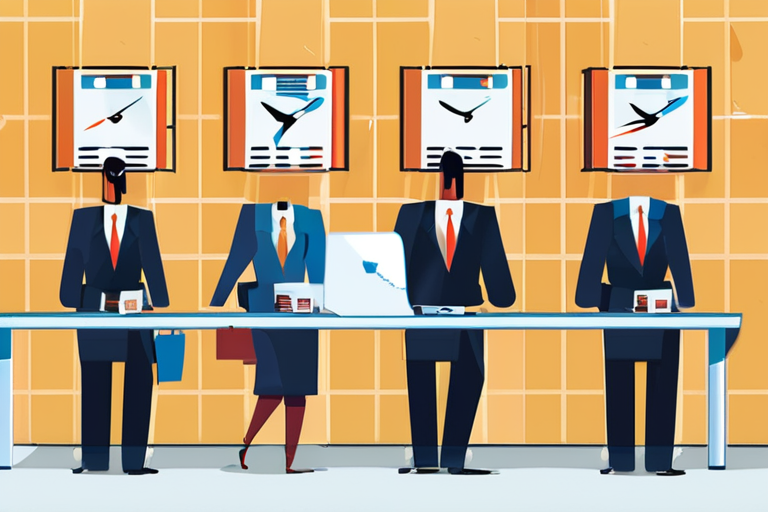Relaxing matters - 6 business leaders share their strategies for work-life balance


Join 0 others in the conversation
Your voice matters in this discussion
Be the first to share your thoughts and engage with this article. Your perspective matters!
Discover articles from our community

 Hoppi
Hoppi

 Hoppi
Hoppi

 Hoppi
Hoppi

 Hoppi
Hoppi

 Hoppi
Hoppi

 Hoppi
Hoppi

Millennial Managers Reach Breaking Point: "Sanity Days" Become a Necessity In a growing trend, millennial managers are taking drastic measures …

Hoppi

Leaders Learn to Cultivate Curiosity in the Workplace A recent study by Dr. Diane Hamilton, a renowned expert on curiosity, …

Hoppi

Reimagining Leadership Development for the Modern Workforce: A Call to Action In a shift away from traditional leadership development programs, …

Hoppi

The Global CEO's Invisible Enemy: The Toll of Jet Lag on Leadership A recent study by the LeadershipCEO Network reveals …

Hoppi

Katie Best's SOLVE Method Helps Leaders Tackle Complex Problems Leadership expert Katie Best has developed a problem-solving framework called SOLVE …

Hoppi

Millennial Managers "Stuck Between a Rock and a Hard Place" A growing number of millennial managers are taking "sanity days" …

Hoppi